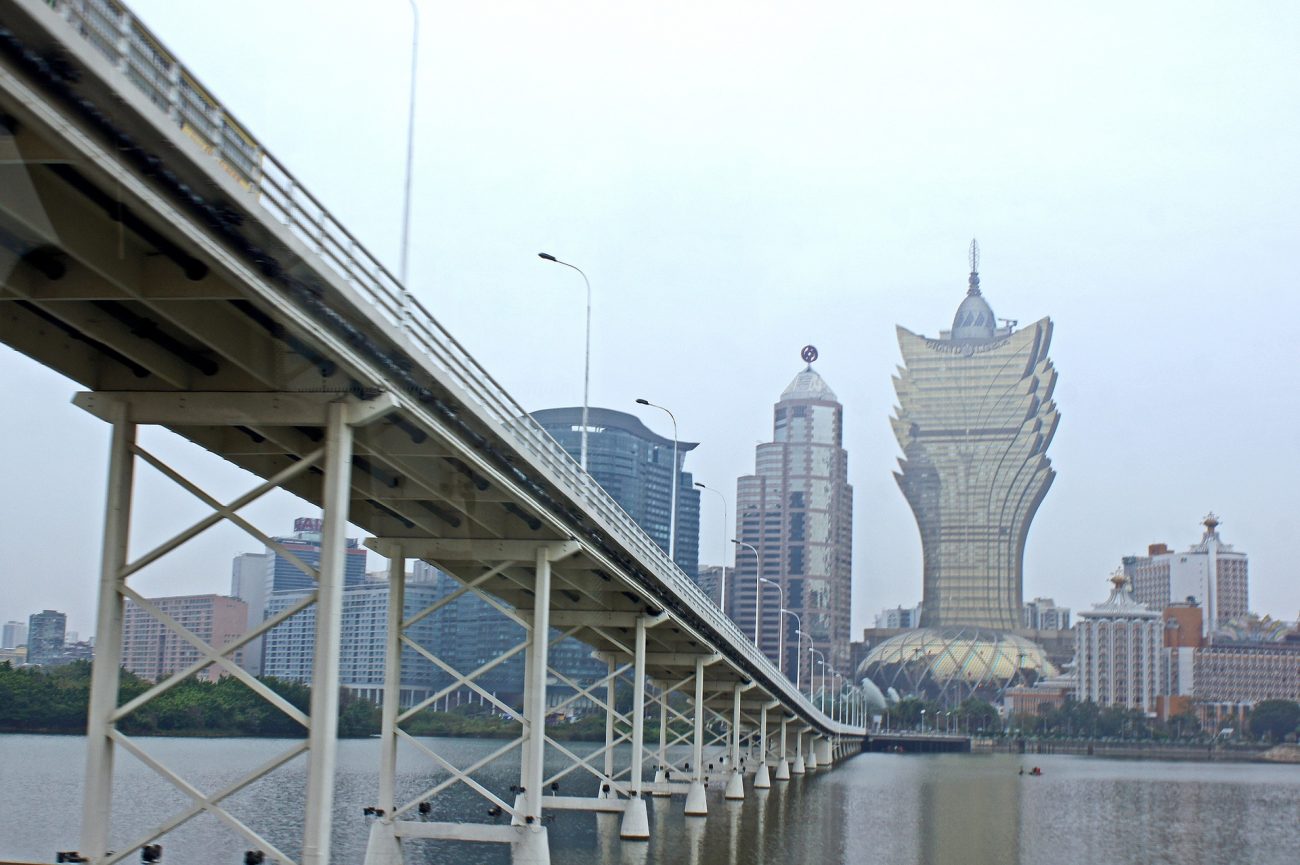Vote for Macau gaming bill scheduled for 21 June

The bill will be the culmination of work stretching back to last year, when the government started a consultation to examine major changes to market as a major milestone in deciding what the shape of future gambling reform should look like.
The bill raises the number of concessionaries in Macau to six, but removes subconcessions, meaning that the number of operators in the market would be the same. Changes for operators include limits on the number of gaming machines and tables they can host – based on minimum GGR limits – and rules allowing junkets to deal with only one concessionaire each.
It will also reform taxes in the city; allowing the Chief Executive more discretion in granting tax breaks, but also includes a general tax rise.
The news comes after the Second Standing Committee of the Legislative Assembly published the final version of the bill yesterday.
While many aspects of Macau gaming tax law are set to stay the same: for example, there will be no change in the number of concessionaires, which will remain at six – the language will allow the special administrative more leeway in designating tax breaks for operators, particularly in the case of attracting foreign customers.
“The Chief Executive may, after consulting the Bureau of Gaming Supervision [DICJ], grant a reduction or exemption to the concessionaires in the payment of the contributions[…], for reasons of public interest, namely for reasons for expanding customer markets in foreign countries.”
But the bill also includes a tax rise on GGR. At the moment operators, in addition to a 35% gaming tax, must also pay “up to” 2% of GGR for “promotion, development or study of cultural, social, economic, educational, scientific, academic and philanthropic causes”.
Concessionaires must also pay up to 3% of GGR towards “urban development, tourism promotion and social security”.
In practice none of the current businesses pay the full amount. The new language removes the phrase “up do” from the laws, meaning that all will now be subject to the highest degree of tax.
The consequences of these reforms are unclear, though the higher basic tax rate in combination with the new Chief Executive powers may allow the government more scope when dealing with the concessionaires.
